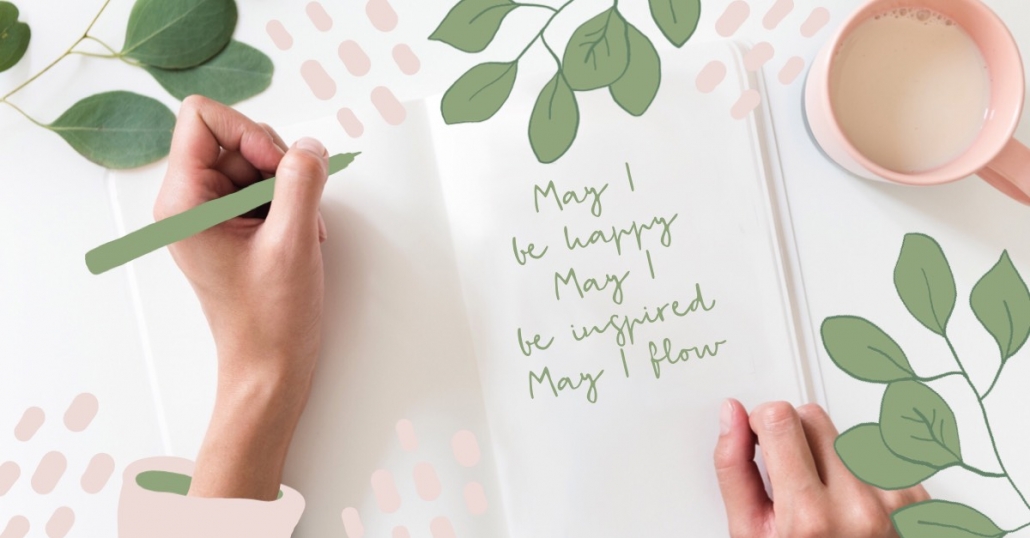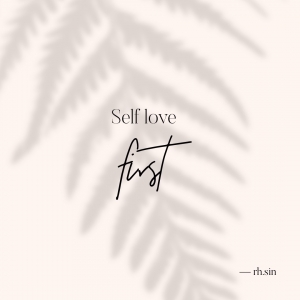Lovingkindness For Writers – Heather Demetrios
The writer’s life can often be full of what my friend calls “haterade”: we have self-hatred (how many of you have beat yourself up more than once?), we have Inner Critics who hate on us, and real critics, and readers on Goodreads who forget authors have feelings. We have beta readers or critique partners or teaches who might throw shade on us or our work. Then there are the publishers and booksellers: a challenging dynamic between artist and manufacturer/distributor if ever there was one.
Enter lovingkindness meditation.
The fact is, we need to find a healthy way to not only deal with the intense feelings the writer’s journey can bring up, but a way to transform them. Lovingkindness meditation might sound warm and fuzzy, but it’s emotional judo, destroying the walls we put up around our hearts and spirits that ultimately keep us from creating the work we want to on the page. In order to do the hard work of writing, we need to be emotionally intelligent, present, and open. The more haterade we consume (against ourselves or others), the harder it is to do good work. Especially now, when the country is so divided. We need the love. We really do.
The cool thing about lovingkindess is that it plays meditation jazz – meaning, you don’t have to sit in a traditional posture and the phrases you repeat like a mantra are whatever works for you. It’s the doing that counts. I always feel more centered after I do it, less angry, more receptive. A good place to be for writing, no?
How To Do Lovingkindness The Writer’s Way
The traditional lovingkindness meditation (mētta) is a series of set phrases that are repeated silently as you call up a specific person to direct the phrases toward. You start with yourself, visualizing yourself perhaps as you were this morning or as a child, then repeat the phrases for a while. If your mind wanders, you bring it back to the phrases when you become mindful of the wandering. You might feel uncomfortable, especially doing this for yourself. Just roll with it. Accept what comes up and just sit with it—you don’t have to make it better, you just have to bear witness to whatever emotions are arising in you, using the phrases and visualization as your anchor.
Breathe.
When you’re ready, you move on to other people, using the same phrases for each person: a teacher / benefactor, a beloved one, a neutral person (a stranger, maybe a barista or someone you see on your street but don’t know), a difficult person, and then the world at large.
In honor of Valentine’s Day, I thought it would be fun to do one specifically for our writing life. So here’s my Lovingkindness for Writers, my own riff on the phrases and people that we choose to focus on (feel free to make up your own phrases, but make sure to use the same phrases for each person):
May I / you be happy
May I / you be inspired
May I / you flow
Begin with Yourself.
Lovingkindness begins with you. Self-love as a writer is so important. We deal so much with our Inner Critics, with doubt, fear, failure, rejection. We are often our worst and cruelest critics. So take this time to be gentle and kind to yourself. Put your hand on your heart and give yourself some love. You can do just this for a few minutes for yourself each time you are at the laptop or the bookstore or the grocery line, where ever your Inner Critic comes out to play.
The Second Person: A Teacher or Benefactor
In this case, a writing teacher, mentor, editor, agent, coach, therapist, or fellow writer who has taught you a lot about writing and the creative life. This is someone you feel gratitude towards.
The Third Person: A Beloved
Let this be a writing friend or an author who you just love to pieces. My friend says they choose someone who makes their heart smile. You could also go for someone in your life that has really championed and supported you. Ideally someone you know, but it can also be a favorite author, living or gone, who has inspired the hell out of you.
The Fourth Person: A Neutral Person
Consider a fellow writer that you don’t know, but also don’t have any feelings about one way or another. You could literally choose a book off a bookstore shelf you’ve never heard of and send some lovingkindness to that author. Or choose a reader you see in a library or bookstore. The Neutral Person is my favorite because it allows me to feel what Zen teacher Thich Nhat Hanh calls “inter-being”–this sense of our universal connectivity. It feels so good to direct good energy toward someone you don’t know and won’t be expecting to receive anything from. It’s altruistic, yes, but it also strengthens our compassion muscles, our ability to be empathetic and to be more open to the world around us. And this, in turn, will reward us with richer characters. We write people for people–people will never see or know, in most cases. Isn’t it cool, to imagine a bunch of writers sending good vibes toward their fellow writers and readers? Kind of makes me a little warm and fuzzy inside just thinking about it.
The Fifth Person: A Difficult Person
Choose your Inner Critic, or an actual critic, or someone who is difficult for you in your creative life—an unsupportive partner, a teacher who hates on your work, whatever. I like to also do this on the fly: I once did mētta for the (ahem) unknown Kirkus reviewer who wrote an indifferent review of one of my books. Rather than rage, I closed my eyes and sent them some lovingkindness. Didn’t mean I liked them any better, but I felt less tied down by my feelings and moved on easier. Remember, this one is really for you—forgiveness frees you. That’s the great thing about it. You’re not letting anyone off the hook for bad behavior—you’re just not letting their behavior run you.
Note: Please don’t choose someone who will trigger you in a serious way, throwing you into trauma. Just someone who is challenging, annoying, frustrating.
To end: Say, “May all writers everywhere be happy and free.”
This last sentiment is a chance to take a break from a scarcity complex that might be running you, from your competitive edge, from the crippling jealousy and comparison. It’s an acknowledgement that we are all part of this art family, and that all are welcome. There might not be “room” for all of us in the publishing world all the time, but we are all creators and thus kindred.
The traditional phrases, in case you were wondering, are:
May I / you be happy
May I / you be safe
May I / you be free
To learn more about how this mētta practice can be of use in your writing process, you can check out my podcast episode on Insight Timer here.
Wherever this post finds you, I wish you much mētta: may we all be happy, inspired, and in flow.
Breathe. Write. Repeat.








